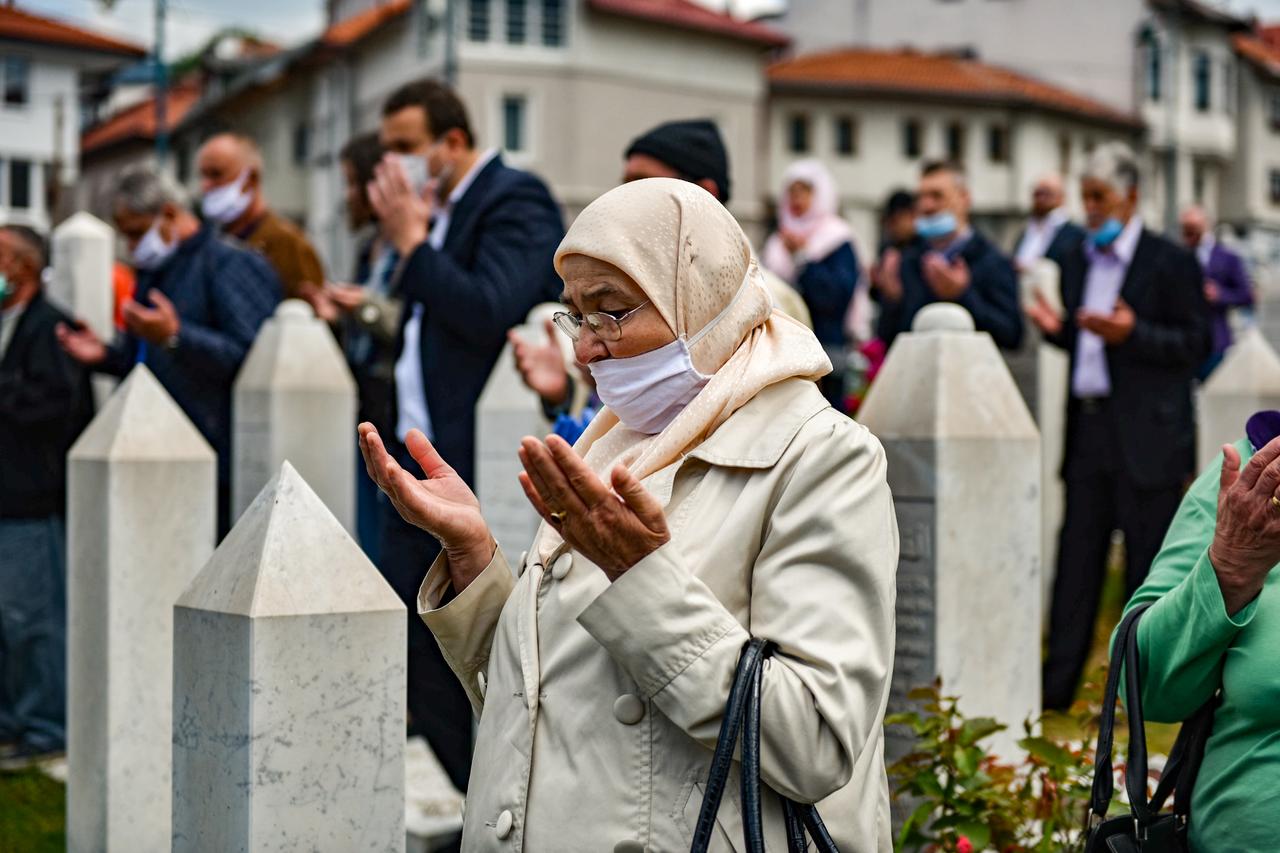
As of September 2025, approximately 7,580 individuals remain unaccounted for following the 1992–1995 Bosnian War, according to Bosnia and Herzegovina’s Institute for Missing Persons. This year also marks the institute’s 20th anniversary, celebrated in Sarajevo. Despite extensive efforts, the majority of these unresolved cases involve Bosniak Muslims who were targeted during the conflict.
Authorities have called for public help as difficult cases remain unresolved, highlighting the lasting impact of the war. Families of the missing continue to live with uncertainty and grief, many still hoping for closure decades after the conflict. “Every day that passes without answers is another day of pain for us,” said one Sarajevo resident whose brother disappeared during the war.
Nikola Perisic, Chairman of the Institute’s Board, emphasized the ongoing challenges: “The majority of the most difficult cases occur because the perpetrators attempted to destroy evidence. Time has passed, and the deaths of witnesses and close relatives have complicated our work.”
In a joint press conference, Human Rights and Refugees Minister Sevlid Hurtic expressed optimism that the process of determining the fate of the missing could be completed within two to three years. Authorities continue to urge anyone with information about mass grave sites to come forward.
The Bosnian War began on March 1, 1992, when Bosnia declared independence from Yugoslavia. Serb forces, supported by the Yugoslav army and paramilitary units, launched an ethnic cleansing campaign against Bosniak Muslims. The conflict resulted in over 100,000 deaths and displaced approximately 2 million people. The war concluded on Dec. 14, 1995, with the signing of the Dayton Peace Agreement.
While significant progress has been made in identifying and locating missing persons, the remaining cases underscore the enduring impact of the war and the ongoing efforts to seek justice and closure for the victims and their families.